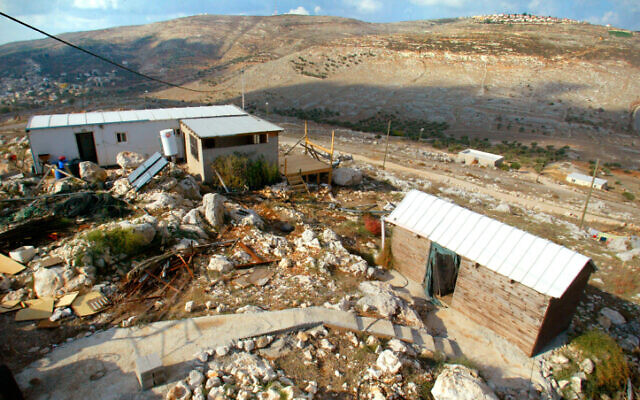Albanese Government Supports Unconscionable UN Resolutions

SHAME YET AGAIN AS THE AUSTRALIAN FEDERAL GOVERNMENT SUPPORTS UNCONSCIONABLE UN RESOLUTIONS AGAINST ISRAEL AND THE JEWISH PEOPLE
As Alexander Downer when Foreign Minister of Australia in 2005 said in reference to United Nations resolutions “too many of these resolutions are aimed at condemning Israel. You would think by looking at these resolutions that this small country – with a population roughly equivalent to NSW and a land mass one fortieth its size – is responsible for the worst human rights violations and much of the world’s ills.
And this is an era when many of the most egregious human rights violators are elevated to positions of responsibility in the UN. A truly farcical situation!”
So, the question is, what has changed?
What has changed is that under the current Australian Federal Government Australia has for the first time supported resolutions of the UN Second Committee relating to two matters.
The first calls for Israeli compensation for an oil slick on Lebanese shores. This event apparently occurred some nearly 20 years ago in 2006 and according to Israel happened as a result of Lebanon’s own security failings with terrorists infiltrating the Israeli border leading to the Israel – Lebanon war and damage to a Lebanese power station with a resulting oil spill. It has been reported that the oil spill was cleaned up with a final report published in August of 2009.
Australia has voted NO on this resolution since 2006.
The second UN resolution now supported by the Australian Federal Government recognises “ permanent Palestinian sovereignty” for the first time in 20 years. A resolution Australia has not supported in all that time, and now ridiculously being supported by Australia at a time of war? This resolution, which has serious consequences for the rights of Israel as a sovereign state, has caused great alarm among Australian Jewish roof body organisations and the Jewish community at large.
Australian Jews now feel a great sense of abandonment by our Federal
Government because of the abrupt change in Australia’s position toward Israel at the UN and the destruction of bipartisanship across the Australian political divide. The new position also now puts Australia at odds with its allies including Israel, the United States and Canada .
ARZA, as the Australian Progressive Zionist roof body strongly supports the views expressed by Australia’s Jewish roof bodies, the ECAJ and the ZFA and calls upon the Albanese Government to rethink its position in the name of racial and religious harmony in our country and in support of a peaceful resolution to the current Middle East conflict, started and continued for over a year by Iran and its proxies.
Helen Shardey OAM


